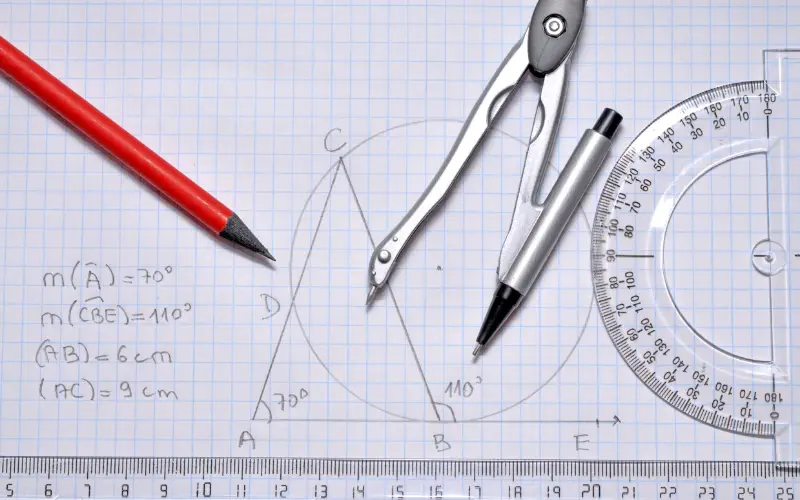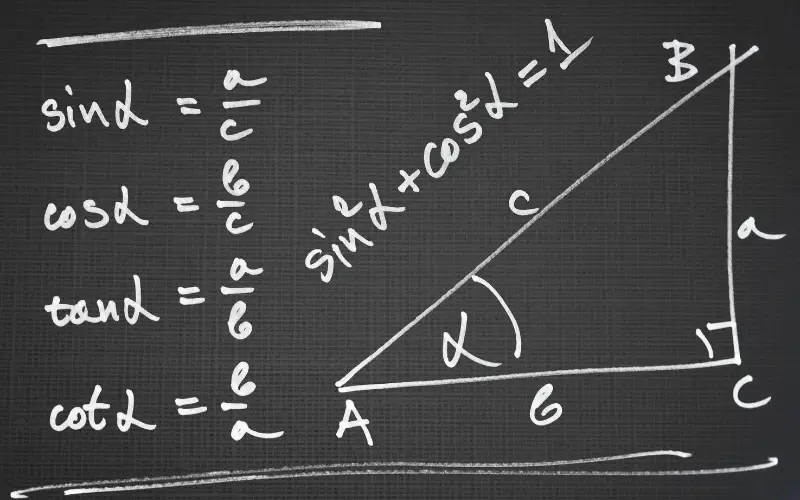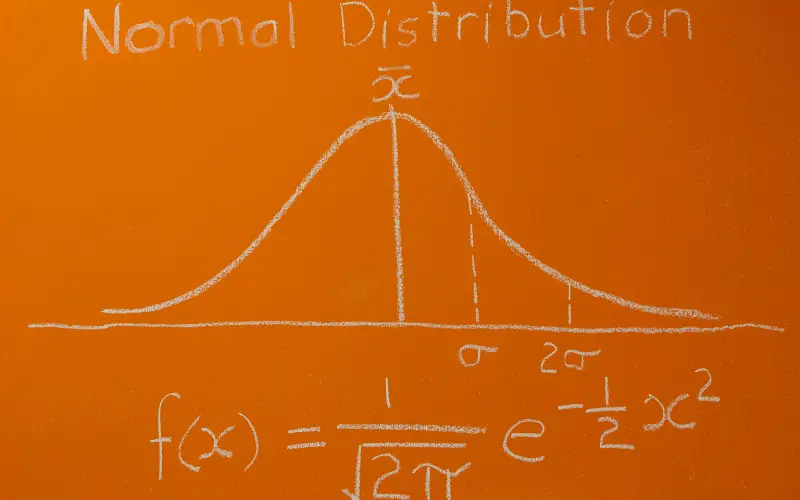Embarking on a journey through the vast and intricate realm of mathematics reveals a diverse landscape, with distinct branches that delve into various facets of numerical exploration and logical reasoning. In this exploration, we aim to unveil the essence of the eight key branches of mathematics, each offering its unique insights and applications. From foundational disciplines like arithmetic and algebra to more advanced studies such as calculus and number theory, the diverse branches of mathematics collectively contribute to our understanding of the world and provide essential tools for solving complex problems. Join us in this illuminating journey as we navigate through the fundamental pillars that shape the language of mathematics and its multifaceted applications in our everyday lives.
The List of 8 Branches of Mathematics
1. Arithmetic

Arithmetic stands as a fundamental branch of mathematics, focusing on numbers and their diverse applications. The essential operations of addition, subtraction, multiplication, and division serve as the foundational building blocks, enabling the resolution of numerous mathematical queries and facilitating the progression into more intricate concepts such as exponents, limits, and various other calculations. This branch holds paramount importance, as its core principles find practical application in everyday life, serving a multitude of purposes ranging from basic calculations to the computation of profit and loss.
2. Algebra

Within the expansive realm of mathematics, algebra is concerned with resolving generic algebraic expressions and manipulating them to attain results. It involves solving for unknown quantities represented by alphabets within an equation, ultimately determining the value of the variable. This captivating branch of mathematics delves into intricate solutions and formulas to derive answers for the challenges presented.
3. Geometry

If you find yourself frequently pondering the forms and dimensions of diverse objects, then delving into the realm of geometry is a must. This branch of mathematics concentrates on the practical study of shapes, sizes, and volumes of various figures. Geometry specifically explores polygons, shapes, and geometric objects in both two and three dimensions. It concurrently examines the congruence of objects, delving into their unique properties, and involves the calculation of their area, volume, and perimeter. The significance of geometry lies in its practical application, particularly in the creation of objects in everyday life.
4. Trigonometry

Originating from the Greek words “trigonon,” meaning triangle, and “metron,” meaning “measure,” trigonometry centers around the examination of angles and sides within triangles to ascertain distances and lengths. As one of the prominent branches of mathematics extensively applied in the realms of technology and science for object development, trigonometry delves into understanding the relationships between the angles and sides of triangles. Its focus lies in the exploration of various triangles and their distinctive properties.
5. Calculus

As an advanced branch of mathematics, calculus is devoted to the examination of the rate of change. The introduction of calculus marked a revolutionary shift in mathematical studies, enabling the application of mathematical principles to objects in motion. Unlike traditional mathematics that primarily dealt with static entities, calculus opens up possibilities for dynamic analyses. Widely employed across various fields, calculus can be divided into differential and integral calculus, each distinctly divergent in its focus. This branch, characterized by complex problem-solving, introduces students to intriguing concepts at a later stage in their mathematical studies.
6. Probability and Statistics

Within the abstract domain of mathematics, probability and statistics employ mathematical principles to forecast probable events and systematically organize, analyze, and interpret datasets. Emerging as a relatively recent branch of mathematics, it has become indispensable in both natural and social sciences. This field encompasses the examination of laws and principles governing numerical data and random occurrences. As a captivating study, statistics and probability unfold as a branch filled with unexpected insights and surprises.
7. Number Theory

True to its name, Number Theory stands as one of the earliest branches of mathematics, establishing connections among numbers within the set of real numbers. The foundational aspects of Number Theory encompass an initiation into the properties of integers, covering operations such as addition, subtraction, multiplication, and modulus. Progressing beyond the basics, Number Theory extends its reach to intricate systems, including cryptography, game theory, and other advanced concepts.
8. Topology

A more recent inclusion in the spectrum of mathematical branches, Topology focuses on the alterations in various geometric shapes when subjected to stretching, crumpling, twisting, and bending. Notably, topologies do not account for deformations involving cutting and tearing. The application of Topology extends to diverse areas such as differentiable equations, dynamical systems, knot theory, and the study of Riemann surfaces in complex analysis.
Conclusion
In concluding our exploration of the eight branches of mathematics, we find ourselves marveling at the richness and versatility inherent in this field of study. From the fundamental concepts of arithmetic and algebra to the intricate analyses of calculus and topology, each branch contributes to the multifaceted tapestry of mathematical knowledge. It becomes evident that mathematics, with its diverse branches, is not just a subject of theoretical significance but an indispensable tool that empowers us to comprehend the complexities of the world around us. Whether applied in the sciences, technology, or everyday problem-solving, the eight branches of mathematics collectively embody the essence of a discipline that transcends boundaries and continues to shape our understanding of the universe.

